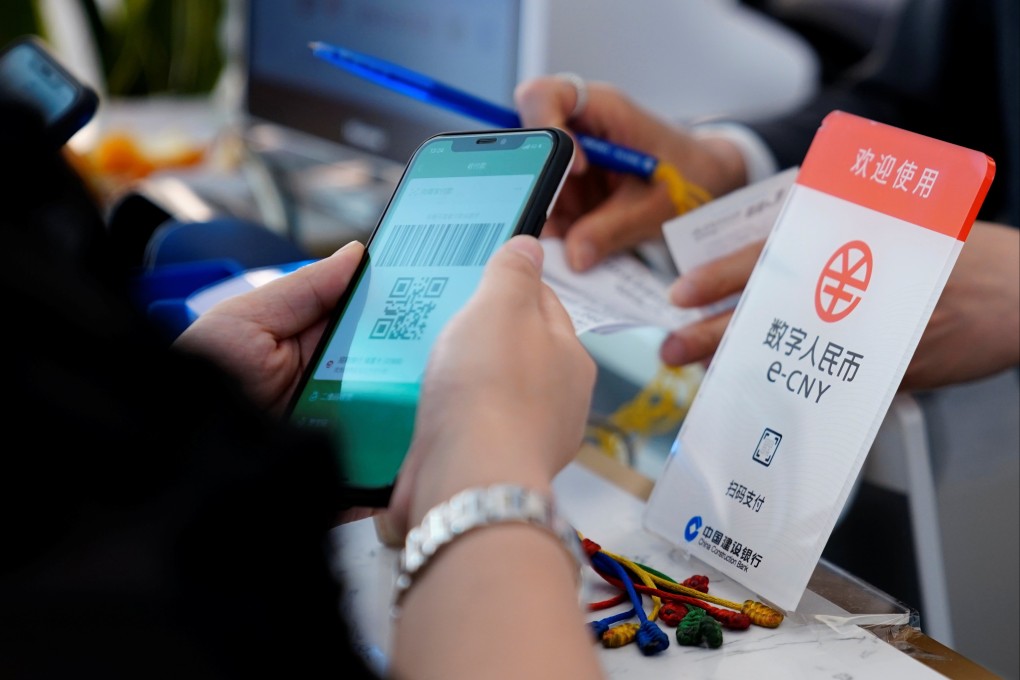China woos new digital yuan users in major push ahead of Lunar New Year, Winter Olympics
- A new policy plan by China’s State Council encourages the wider adoption of e-CNY
- WeChat Pay and JD.com now include the digital yuan as a payment option

China has made a fresh push this week to convince consumers to try out the digital yuan, with the country’s top government body endorsing the wider use of the electronic currency in various scenarios.
The State Council, China’s Cabinet, said in a policy blueprint released on Thursday that it would encourage the use of e-CNY in retail transactions, utility bill payments, and the administrative service.
While electronic payments are currently dominated by commercial solutions, Tencent Holdings’ WeChat Pay has recently started giving users the option to pay by the digital yuan, while Alipay has included the function since last year. (Alipay is operated by Ant Group, a fintech affiliate of Alibaba Group Holding, owner of the South China Morning Post.)
On Friday, JD.com also said it would support e-CNY payments for purchases made on its main online shopping platform in stores run by the e-commerce company, as well those operated by third-party merchants on its budget shopping app Jingxi.
This comes after the digital yuan’s developer – the Digital Currency Research Institute under the People’s Bank of China – made its official e-CNY app available for public download on iOS and Android app stores in the country.
The e-CNY wallet is also accessible through the electronic wallets of seven other major domestic banks, namely the Industrial and Commercial Bank of China, Agricultural Bank of China, China Construction Bank, Bank of China, Bank of Communications, Postal Savings Bank of China and China Merchants Bank.
China’s strengthened efforts to promote its digital currency come just weeks before the festive Lunar New Year, which begins on February 1, and the Winter Olympics hosted by Beijing, scheduled to start on February 4.